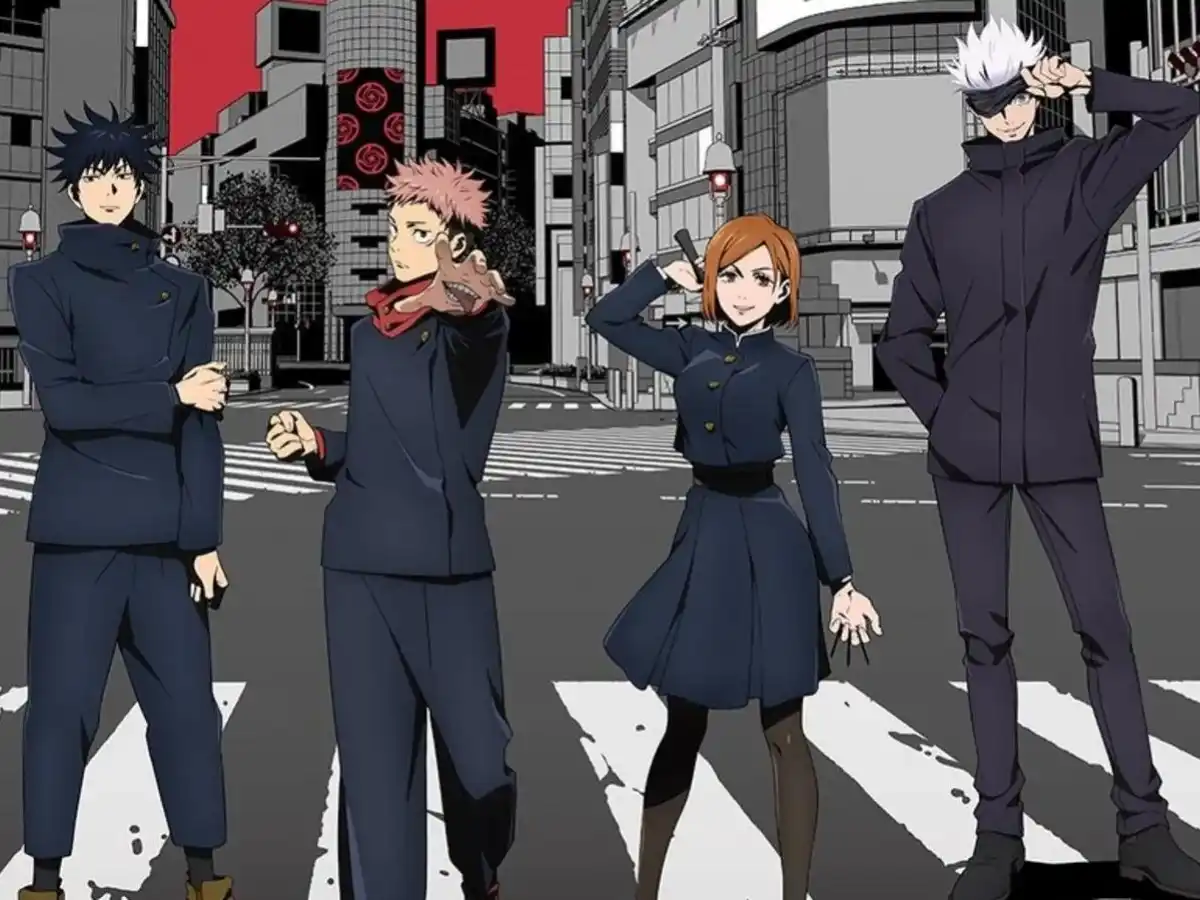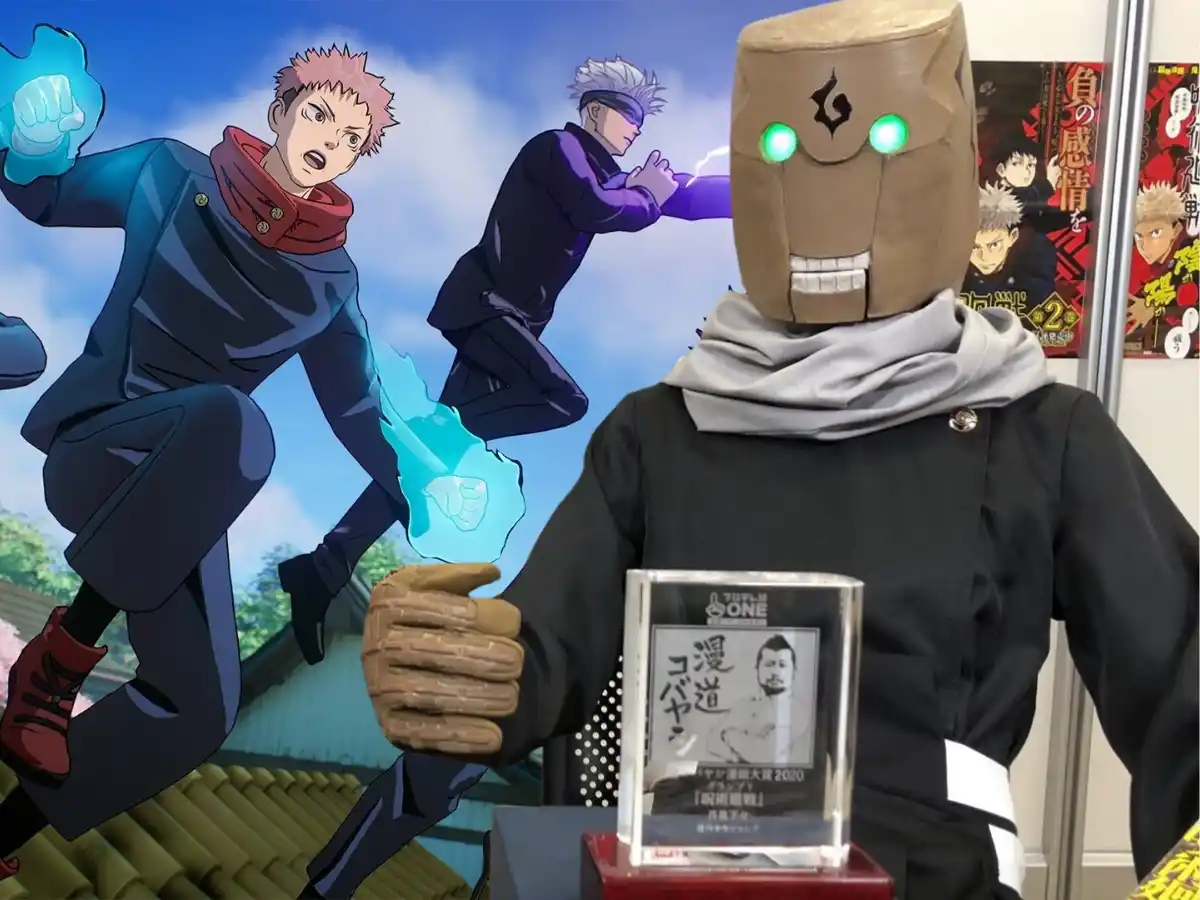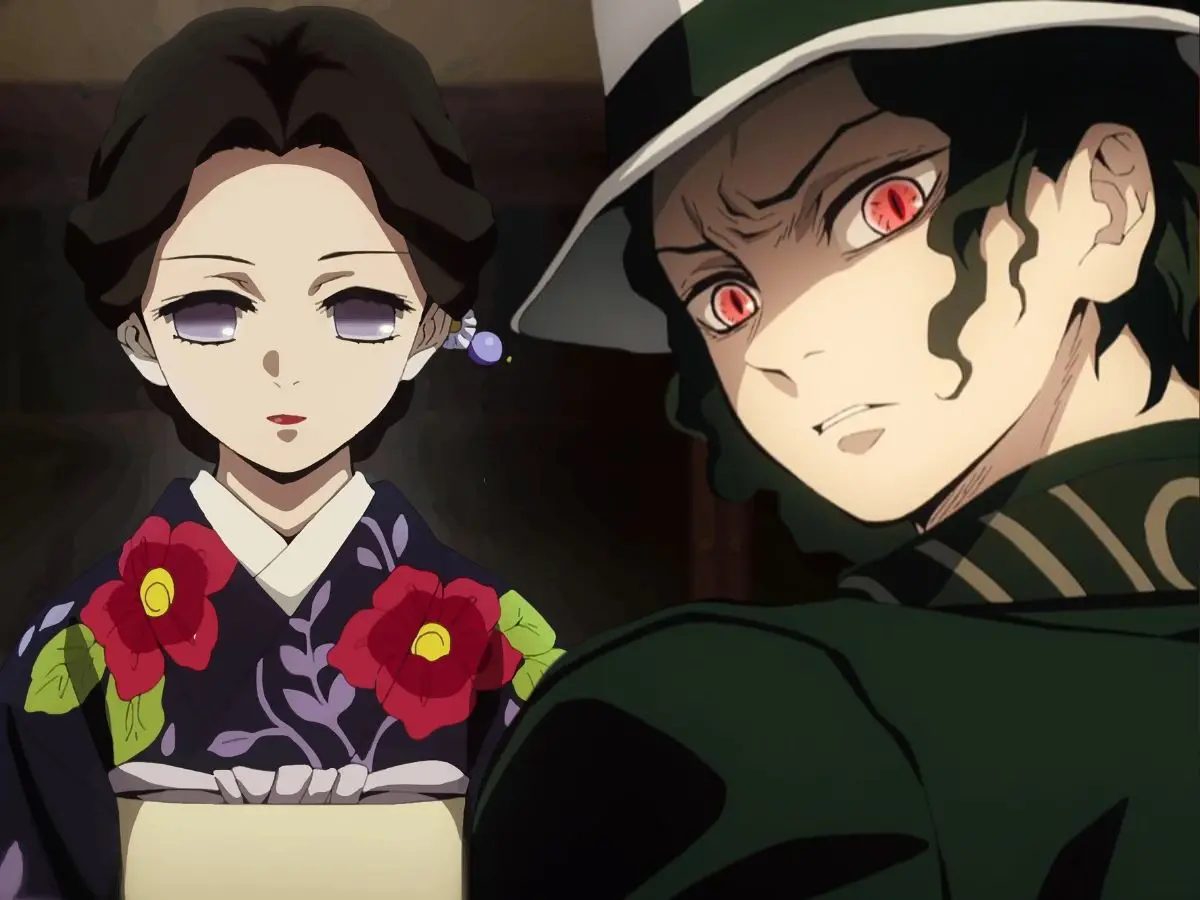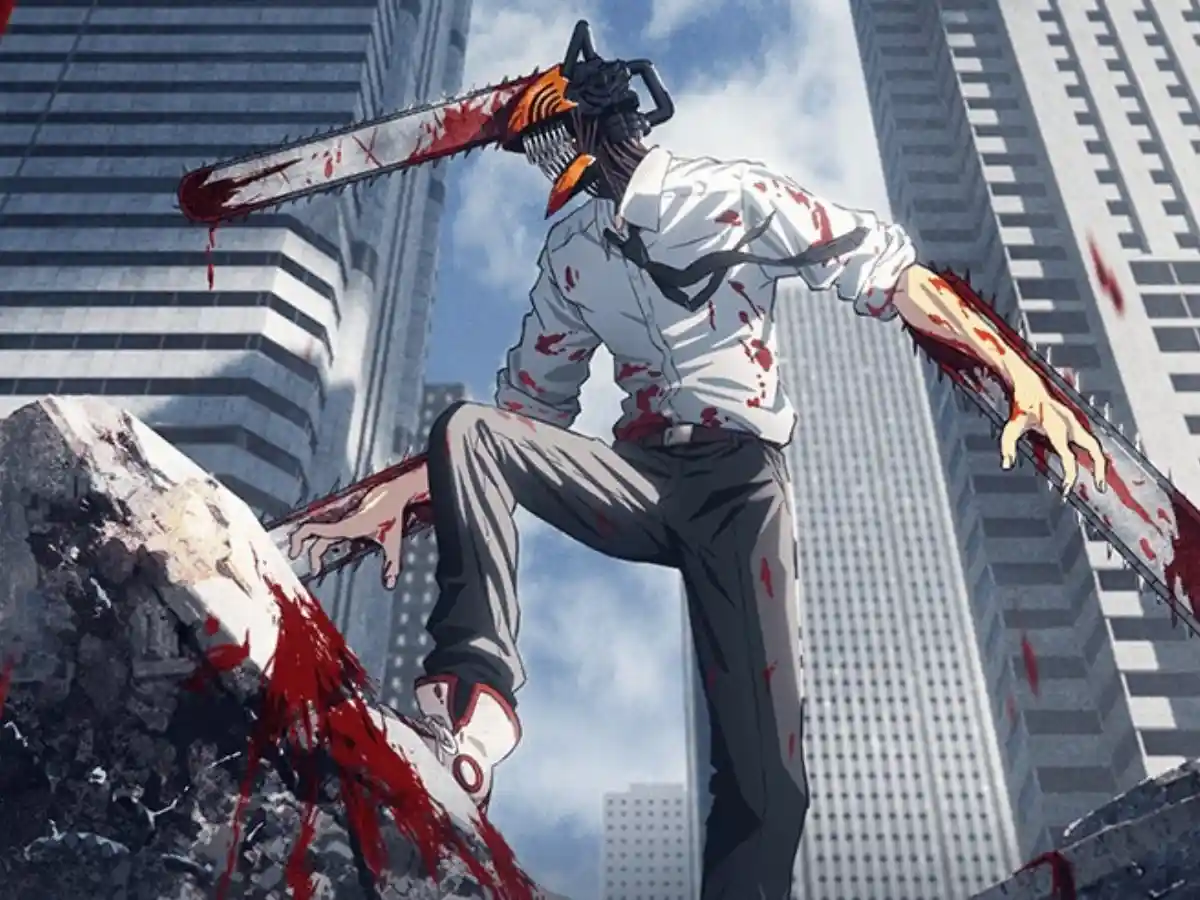In the realm of manga, the concealment of true identities, particularly among female creators, is an unfortunately common practice. The recent revelation by Ken Akamatsu, the acclaimed artist behind ‘Love Hina’, has stirred discussions about the true identity of the author of the hit series ‘Jujutsu Kaisen’, known as Gege Akutami.
Contrary to the assumed male identity, Akutami can very much be a woman, choosing to navigate the male-dominated manga industry under a masculine pen name while shrouding her face in anonymity.
Is Jujutsu Kaisen Creator Really A Woman?

Akamatsu’s casual disclosure on Twitter has sparked conversations online about the pressures faced by talented female mangakas to obscure their womanhood in order to gain acceptance and opportunities in the field. The mystery surrounding Akutami’s true name and background adds a layer of complexity to her already enigmatic persona, leaving devoted readers and fans of “Jujutsu Kaisen” with only the pen name of the artist behind the captivating dark fantasy series.
Akamatsu, who wrote ‘Love Hina’ and ‘Magical Teacher Negima!’, was hosting a space where manga artists could discuss issues such as freedom of expression and political correctness. While talking with fellow authors about political correctness, the conversation turned to the topic of female mangakas in the industry.
During this conversation, Akamatsu said that Akutami is a woman, he claimed, “when I was working with ‘Samurai Deeper Kyo’ and ‘Mahou Sensei Negima!,’ half of the artists in the magazine were women. In ‘Jujutsu Kaisen,’ there is also a woman as the author, right? Demon Slayer is also written by a woman, and I think that’s great.” (Source: MyJitsu)
While Akutami may prefer anonymity, her decision to conceal her gender hints at deeper systemic issues within the industry. The ongoing discussion has prompted reflections on the barriers preventing women from better representation and empowerment in manga.
The chosen pseudonym allows Akutami’s work to speak for itself, weaving enthralling tales that have resonated with audiences globally. However, the hope remains that one day, she and other female creators can step into the spotlight on their own terms, no longer feeling the need to hide their identities from the audiences that cherish their art.
Also Read: ‘Naruto’ Fans Suspect ‘One Piece’ Fandom Influenced Sakura’s High Ranking In Naruto Poll
Gege Akutami’s Gender and Mangaka Identity Dynamics
Gege Akutami recently appeared on a talk show for the first time ever. (Talk show in YouTube video above)
Akamatsu’s revelation faced initial skepticism, with some citing past interviews where Akutami seemingly confirmed a male identity. References to attending an all-boys junior high school, the use of male pronouns, and a seemingly male-sounding voice in interviews fueled speculation.
However, the complexity of mangaka identity dynamics comes into play, with artists often presenting themselves differently from their real-life identities, especially when writing under pseudonyms.
The use of male pronouns or alterations in vocal tone may be strategic choices by Akutami to navigate gender bias and judgment prevalent in the male-dominated industry. Beyond Akamatsu and a select few, the actual gender and biographical details of the person behind “Jujutsu Kaisen” remain shrouded in mystery.
This air of intrigue aligns with the series’ dark and fantastical allure, leaving fans to ponder whether Akutami will ever step out from behind the pen name and resolve the ongoing gender debate surrounding this high-profile, yet anonymous, creative talent. Only time will tell if Gege Akutami chooses to unveil the veil and embrace a more open identity within the manga community.



